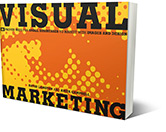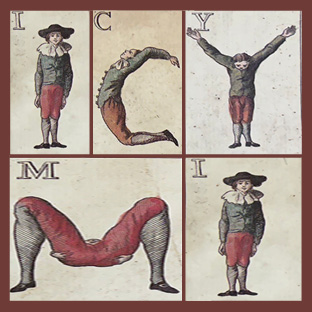How can you avoid partnering with Harvey Weinstein or Uber?
CNBC recently reported, "Car brand Lexus has canceled its partnership with The Weinstein Company after multiple allegations of sexual harassment and assault against co-founder Harvey Weinstein." Why would any brand want to be associated with The Weinstein Companies? And yet, that’s exactly where Lexus found itself. For the past four years Lexus has been partnering with The Weinstein Companies on tie-ins with the tv show Project Runway and to produce short films. David Nordstrom, global branding department general manager for Lexus, told Fast Company that the brand embraces the idea of tying its product to world-class filmmaking. “As a luxury lifestyle brand, we consider our role in the lives of our consumers and how we enhance their story by providing amazing experiences that inspire them.” This brand partnership between two sophisticated brands—one an academy award-winning studio, the other a luxury carmaker – sounded like an ideal joint venture. But was this ever a good idea for a brand partnership?
Strategic branding can help brands expand markets and increase brand awareness. But what are the keys to a truly successful partnership and how can you avoid the risks?
Assess Your Partnership
There’s a test called “prepare” that you can take when you are planning to get married. It has questions about values, situations, ethics and delves into family and finances. When you’re done taking the test you have a scientific review that identifies areas of compatibility as well as highlights issues that may cause friction or hardship in your relationship. Brands should consider this type of analysis before joining forces in any public partnership. The bottom line is that a successful brand partnership is really based on a shared sense of values and a clear understanding of where you may not agree with your partner. Many brands consider “a marriage of convenience” and think in the short-term rather than investing in a long-term partnership.
Spotify and Uber are both industry disruptors. Uber had aggressively revolutionized the taxi and car service model while Spotify has changed music distribution from a pay-to-own model to a rent-by-the-month model. Both rely on the internet and app technology to challenge the status quo, both appeal to the millennial generation and both are in a rapid growth phase. Spotify wants to get into cars and Uber wants to enhance its users’ experience. It may be a great combination, but is that enough to build a brand partnership?
Uber has become a public relations disaster with a ceo/founder who has been forced to resign while Spotify is a Norwegian company trying to play nice and negotiate contracts with big stars like Taylor Swift. The Verge reports, “The internal debate at Spotify suggests that at least one of Uber’s partners have become wary of associating with a company that has lately been almost as well known for its scandals as it has its transportation service.”
Partnerships That Work
Starbucks and Barnes & Noble have a long term partnership and shared goals that go beyond just a marriage of convenience. Strategy + Business reports, “The company’s solution is to carefully select partners based on their reputation and commitment to quality, and to gauge their willingness to train their employees the Starbucks way.” McDonalds and Coca Cola have a partnership that began with a handshake in 1955. They both were in rapid expansion mode and shared a growth strategy. And Coke actually tastes better at McDonalds. Because of the volume of Coke shipped to McDonalds they are able to ship the coke syrup in stainless steel containers and McDonalds uses a filtered water that makes Coke taste even better. McDonalds and Coke have invested in a long term brand partnership. Both are American brands who value their high public profiles and invest in feel-good causes while they produce products that are not particularly healthy.
Brand Partnership Alignments
And it’s more than just shared values, new studies have shown that consumers are more likely to remember your brand when you stay within your brand category. Mark Di Somma writes in Branding Strategy Insider, “Brands that are looking to partner in the next era of partnerships should do so with brands that are either in the same vicinity as them, or perhaps even closer, for a specific group of target consumers.” So Lexus and Weinstein may be a flawed combination because filmmaking and car driving – with the exception of the Fast and Furious movies – have very little to do with each other.
So beware of Ubers and The Weinsteins. Align with products and companies who truly share your values and live in your category. Companies with shared values who make commitments that go beyond the mere convenience of a brand partnership are more likely to weather a storm of bad publicity.
Back to Insights




